By Richard Van Pelt
Civil War Correspondent
The opening salvos of the Civil War fell on Fort Sumter April 12, 1861. Whether you call it the Civil War, The War Between the States, The War of Northern Aggression, The War for Southern Independence, or “The Late Unpleasantness,” residents Of Marion County closely followed the conflict. For Oregonians, a conflict battled largely east of the Mississippi was as distant in time as in distance.
There were no tweets from Bull Run, no text messages from Shiloh, no YouTube uploads from Vicksburg. No television. No radio. No telegraph. The only media was the newspaper, augmented by occasional letters, and reports from shipping along the coast. Two years following Oregon’s admission to the Union, word of those salvos did not reach Oregon until the arrival of the steamer Cortez in Portland on April 29th.
The Statesman reported the outbreak of war in the May 6th weekly edition of the paper:
“Hostilities have commenced at Charleston. The fire opened upon Form Sumter yesterday morning. Seven batteries were engaged. The firing continued all day unremittingly, and all night intermittedly
“The firing recommenced at 7 o’clock this morning. Fort Sumter was supposed to be on fire, having a flag of distress up. There was cannonading at all points from vessels outside, along the coast.”
The same edition of the paper reported Fort Sumter’s unconditional surrender. Readers learned of Lincoln’s call for Congress to convene on July 4th and his call for 75,000 military “to execute the laws. There is an immense rising in the Free States” reported the paper.
Senator Steven Douglas, President Lincoln’s opponent for President declared that while he was “unalterably opposed tot eh Administration on all political issues, he was prepared to sustain the President in all constitutional efforts to preserve the Union, maintain the Government, and defend the Capital. He thought that prompt action was necessary. The country must be protected at all hazards and at every expense.”
War came as no surprise to residents of Marion County. New to statehood though Oregon was, politics in Oregon reflected the divisions that led to to secession and to war.
Joseph Lane, Oregon’s first Senator, returned to Oregon at the same time as news of the outbreak of civil war. He had been the vice-presidential nominee of the Democrats, supported slavery and wrote that “I am with you heart and soul” and that “I, with thousands of good Northern men, will be by their [the Southern States] side.” The Statesman reported his arrival, noting:
“He [Lane} tried to speak in San Francisco, and was hissed down and told there was a hemp rope up in Oregon awaiting his arrival there. At Portland the Lane men attempted to have a salute fired for him, but could not get the use of a cannon. An honest drayman refused to haul his baggage to the hotel, saying he would not work for a traitor who had helped to bring bloodshed on the country.”
The paper editorialized the beginning of the conflict:
“The secession forces have attacked Fort Sumter, battered down its walls and compelled Major Anderson to surrender at discretion. – This event has been considered by everybody as by no means improbable for several months past, but the intelligence that it has actually come to pass, falls with stunning force upon the great mass of the people. Union men have for the first time realized the anguish of national dishonor; the faint-hearted followers of disunion have for the first time realized that they have been abettors of treason and the advocates of civil war. The solemn warnings of a vigilant press can no longer be questioned and decried as visionary or as the deceptive artifices of party schemers. There stands the bald, cruel, undeniable facts of civil war in the full measure of its bitterness. We can imagine in contemplation of the present no party division paramount to sympathy and co-operation with the one or the other of the two hostile armaments in the field. So long as this spectacle continues before the public it occupies the full field of vision, and all men will inevitably either exult with the victors or mourn with the vanquished.”
The editor, Asahel Bush, the went on to write, in terms as relevant today as in 1861:
“Just a year ago a movement took place at Charleston of which the storming of Fort Sumter is a figging sequel. Many true men were led off by that movement without fully understanding what they had enlisted for. They now have no longer any reason to doubt that the secession at Charleston was the first open step toward the overthrow of the government. Those who stop short at this point make the best they can of a bad beginning, but those who cooly tell the people they have no interest in this matter brand themselves traitors as distinctly as though the word were stamped with a hot iron on the forehead.”



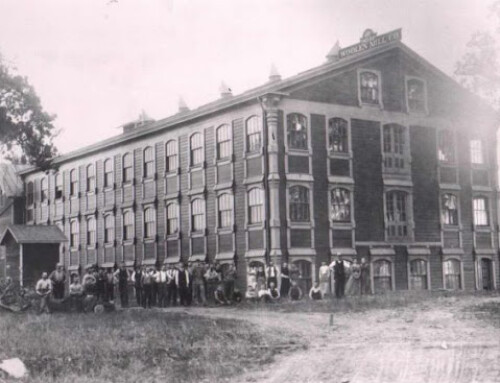
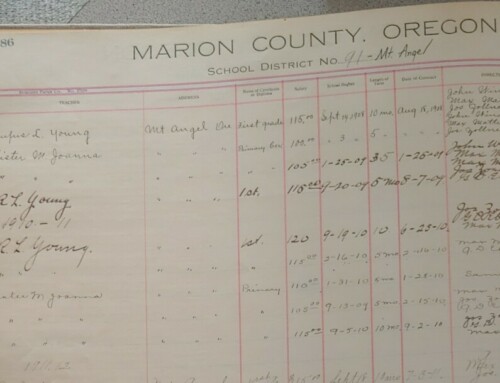
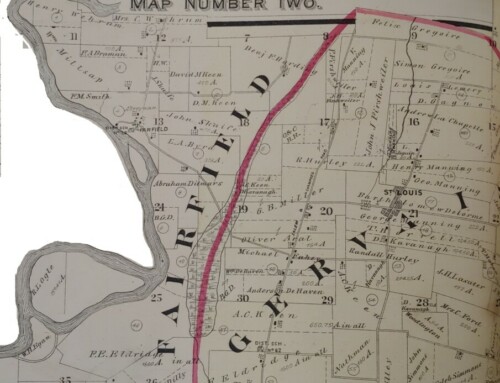
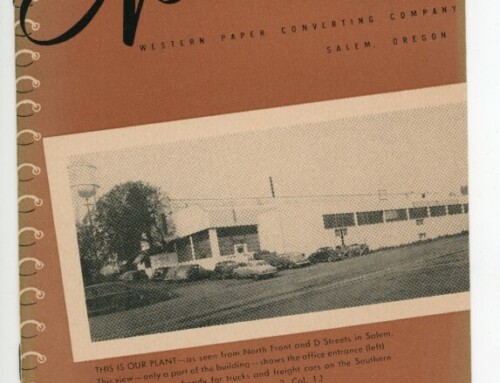
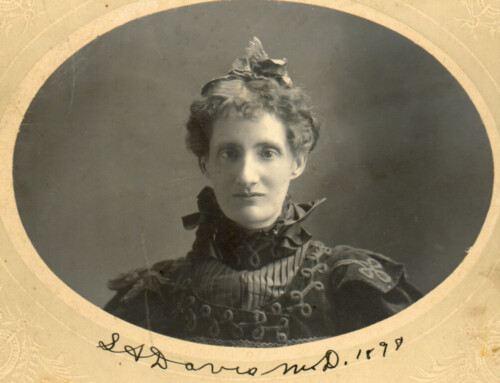
Leave A Comment